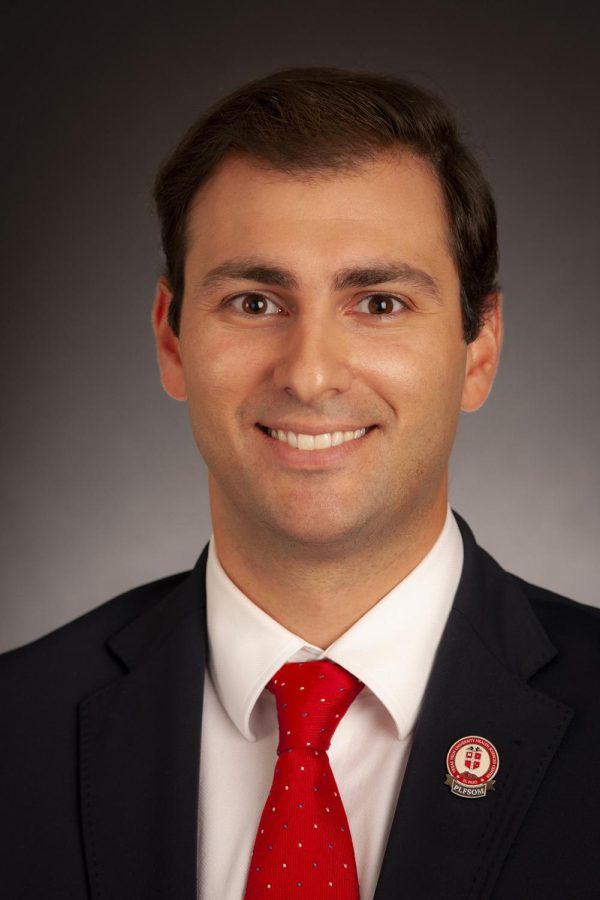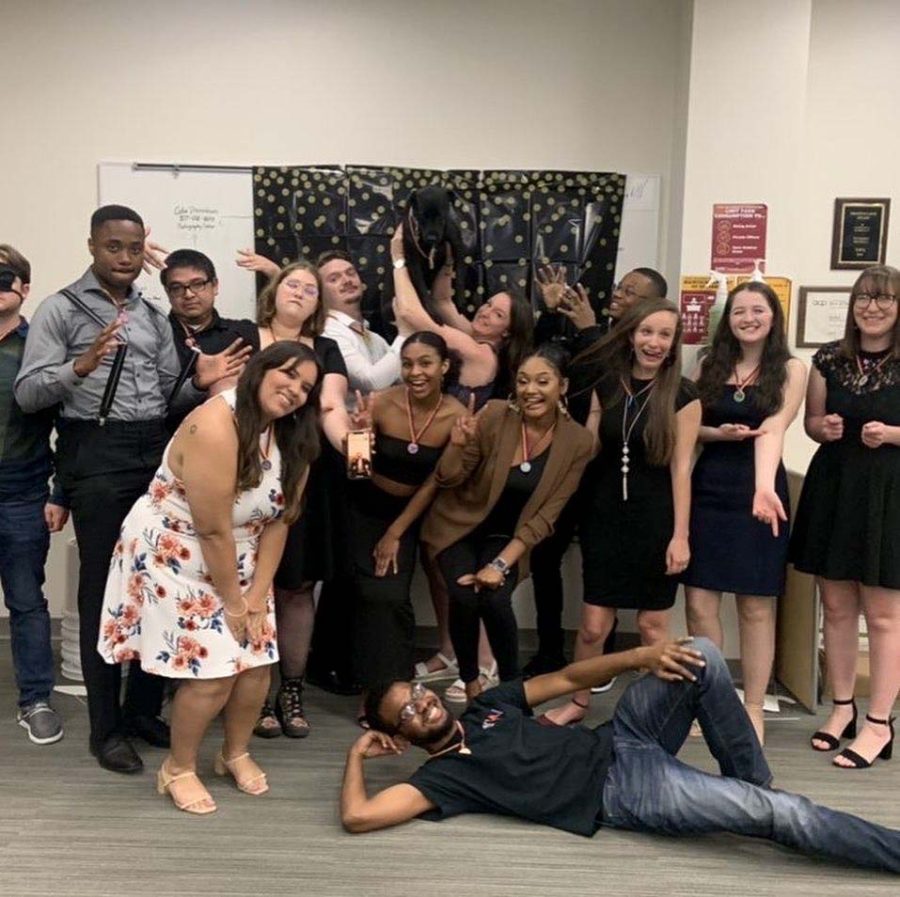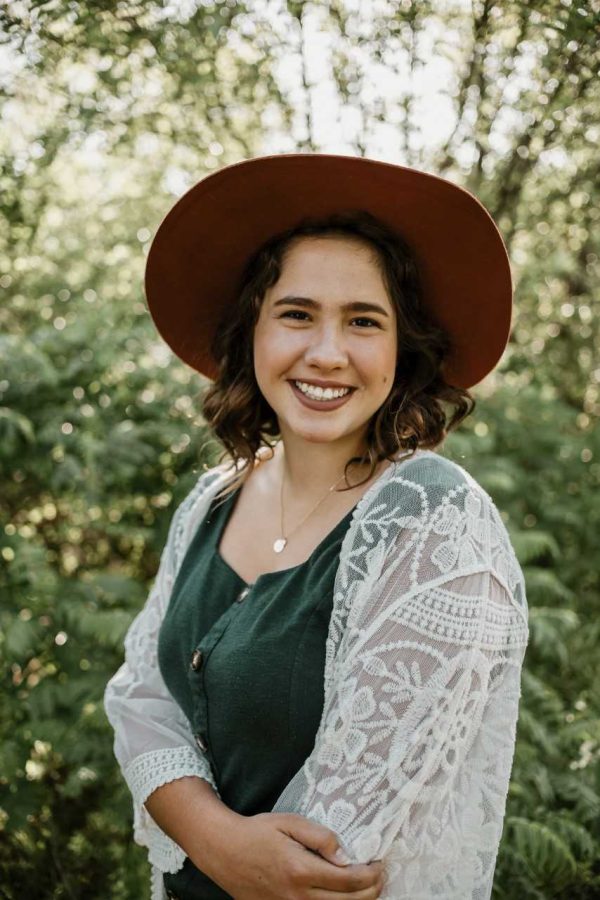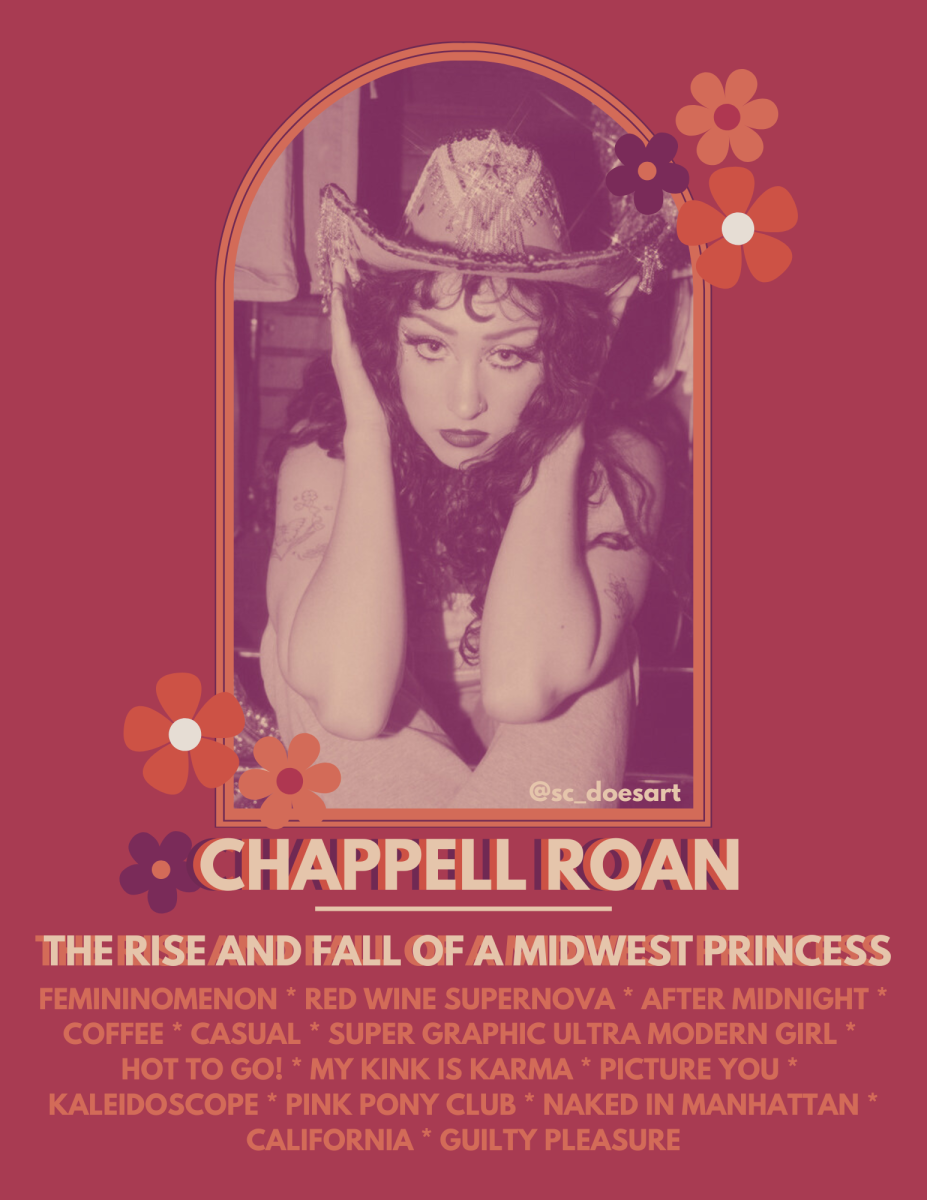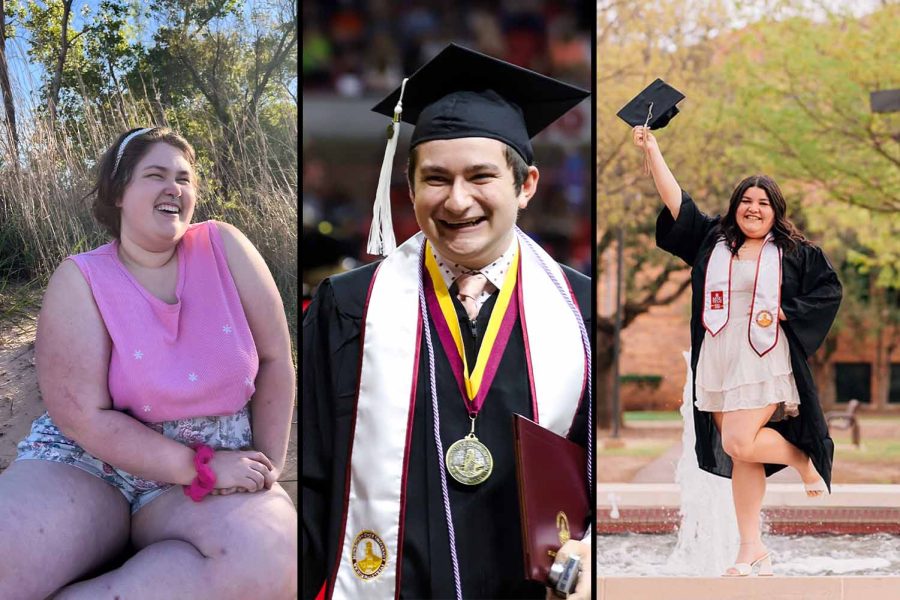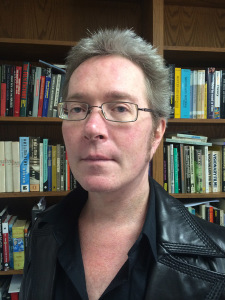
When I started as an associate professor of humanities and English in the fall of 2015, I was excited not only to start teaching film courses again, but also to meet the dynamic faculty and students of the Department of English, Humanities and Philosophy—including faculty member of the year, professor Kristen Garrison.
English, humanities and philosophy are core disciplines in any liberal arts education, especially at a COPLAC university like Midwestern State. Just a quick glance at some of the courses being offered in our department this spring reveals how our department is moving forward, while retaining a rigorous commitment to high-quality pedagogy.
For example, I think of my own classes on film genre and screenwriting. The students are challenging themselves (and me as an instructor) with the kind of creative and critical thinking that I used to encounter when I taught at New York University and Columbia University.
Other new courses include Nathan Jun, associate professor and philosophy coordinator, and Lucy Schultz’s, assistant professor, team-taught course on feminist philosophy. How often do MSU students have the opportunity to benefit from the expertise and perspectives of two colleagues in the same classroom? Todd Giles’, assistant professor, seminar on contemporary American women writers moves far beyond literary texts: he incorporates the visual arts, music, gender, and more to explore multiple artistic forms in their contemporary cultural context.
These courses are on the cutting edge, without compromising the more traditional components of research and writing; we ensure that our students get a liberal arts education of the highest quality. This is a time when many students are wondering where they will be after graduation, and what kind of careers will be open to them with a Bachelor of Arts in humanities or English, or a minor in Philosophy, or a Master of Arts in English.
These are reasonable questions; after all, students have invested time and money for an excellent education. There are no guarantees, there are no easy answers. Yet, even after only one semester in the English, humanities and philosophy department, I see students whose minds are open to any potential career, whose interests lie beyond any horizon, and whose skills in writing, communication, and research will make them superior candidates in any field they choose.
Such new courses offer students the opportunity to get a whole education that they will be able to use in any field. Moreover, these courses demonstrate to the wider campus community that the liberal arts are here to stay at MSU.
If these students can acquire these skills with us, then those of you reading this and who are perhaps undecided—come talk to us and find out more Monday, Feb. 9, at 6 p.m. in CSC Comanche. We’re looking forward to meeting you.
Tench Coxe is an associate professor of English.



